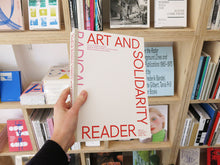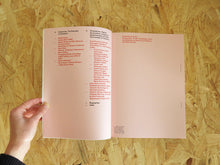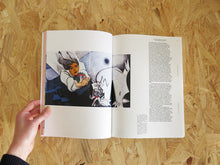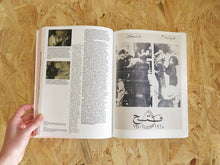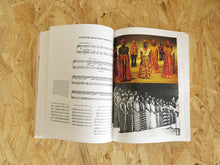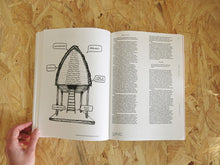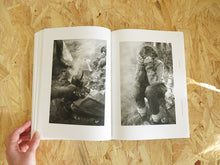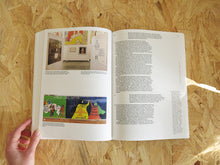
Solidarity has re-entered the global zeitgeist with resounding force in the last decades and is especially urgent to consider today. Yet this concept – both a potent ideal and a slippery notion – is one of the least analysed within the arts. Why? It is perhaps because colonialism, Neoliberalism, hyper-individualism and Western-centred concepts of art have eroded visions of a care-based society. Creating a fair and vital social fabric inspired by mutual dependencies between living beings and all entities including fauna, flora, air, land and water, is fundamental for our collective existence. To examine this minefield requires a critical toolbox with intersectional perspectives to reveal meaningful and inspiring narratives that can guide our future.
Working with these complexities, this Reader considers the agency that artists, collectives and art institutions have generated from the 1970s to today to build the radical imaginaries of care and solidarity needed to transform the conditions of our collective existence in the face of local and global crises. Presenting new and historical material, the Reader narrates a series of stories of solidarity across geographies in relation to emergencies connected to ecocide, femicide, genocide, migration, neocolonialism, inter-religious conflicts, class divisions and heteronormativity, amongst others. It also gives a central place to Indigenous perspectives rarely considered when discussing solidarity in the arts.
400 pages, 17 x 24 cm, paperback, OCA x Valiz (Amsterdam).







